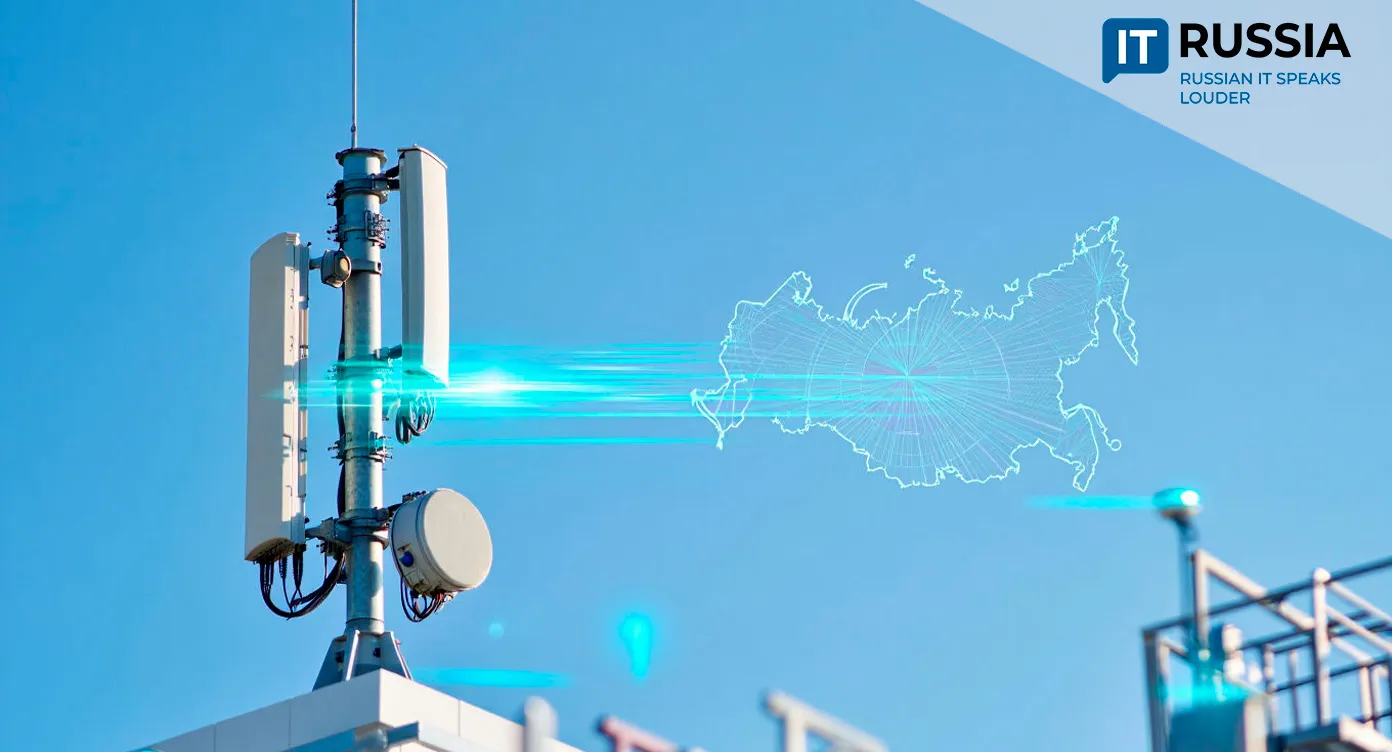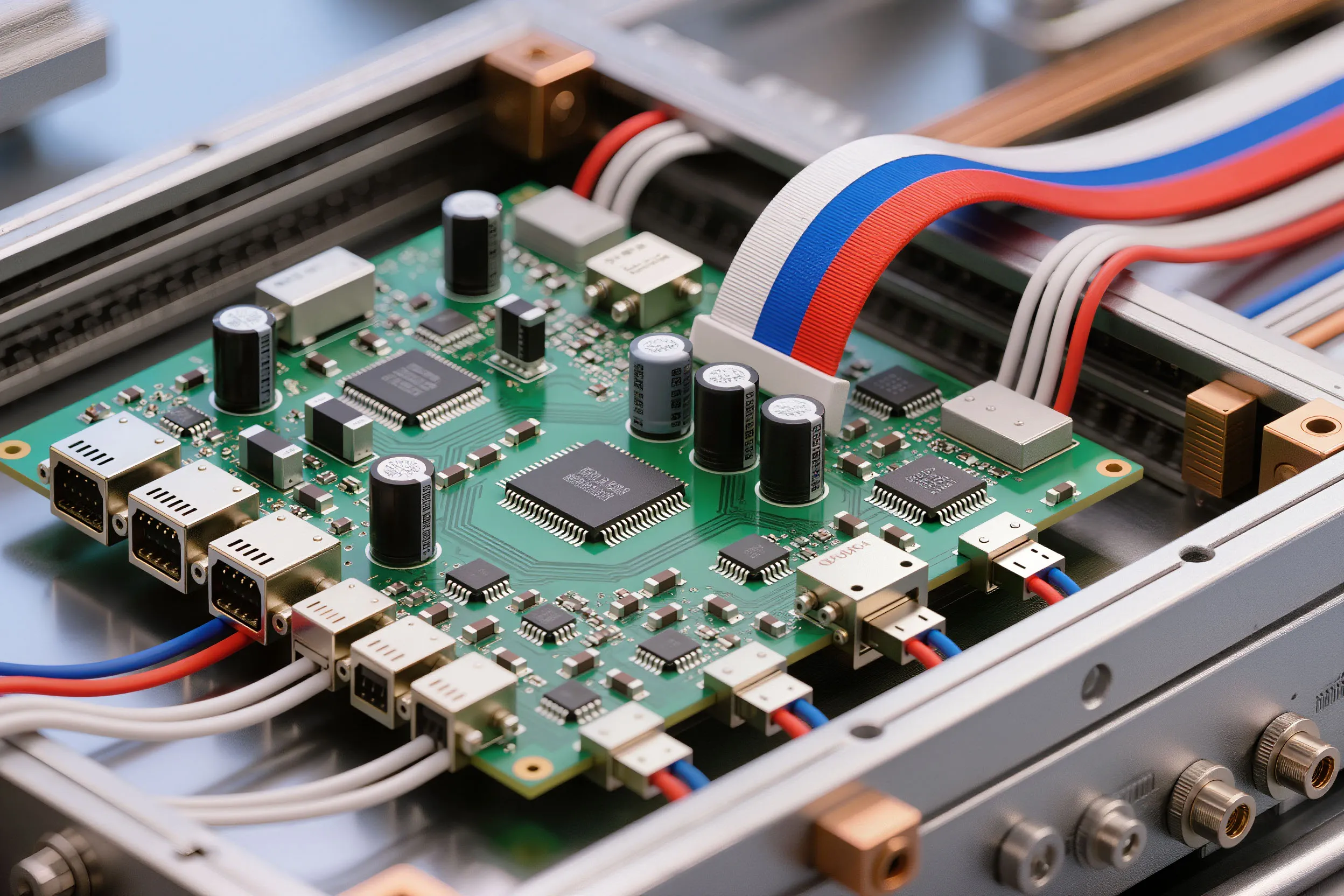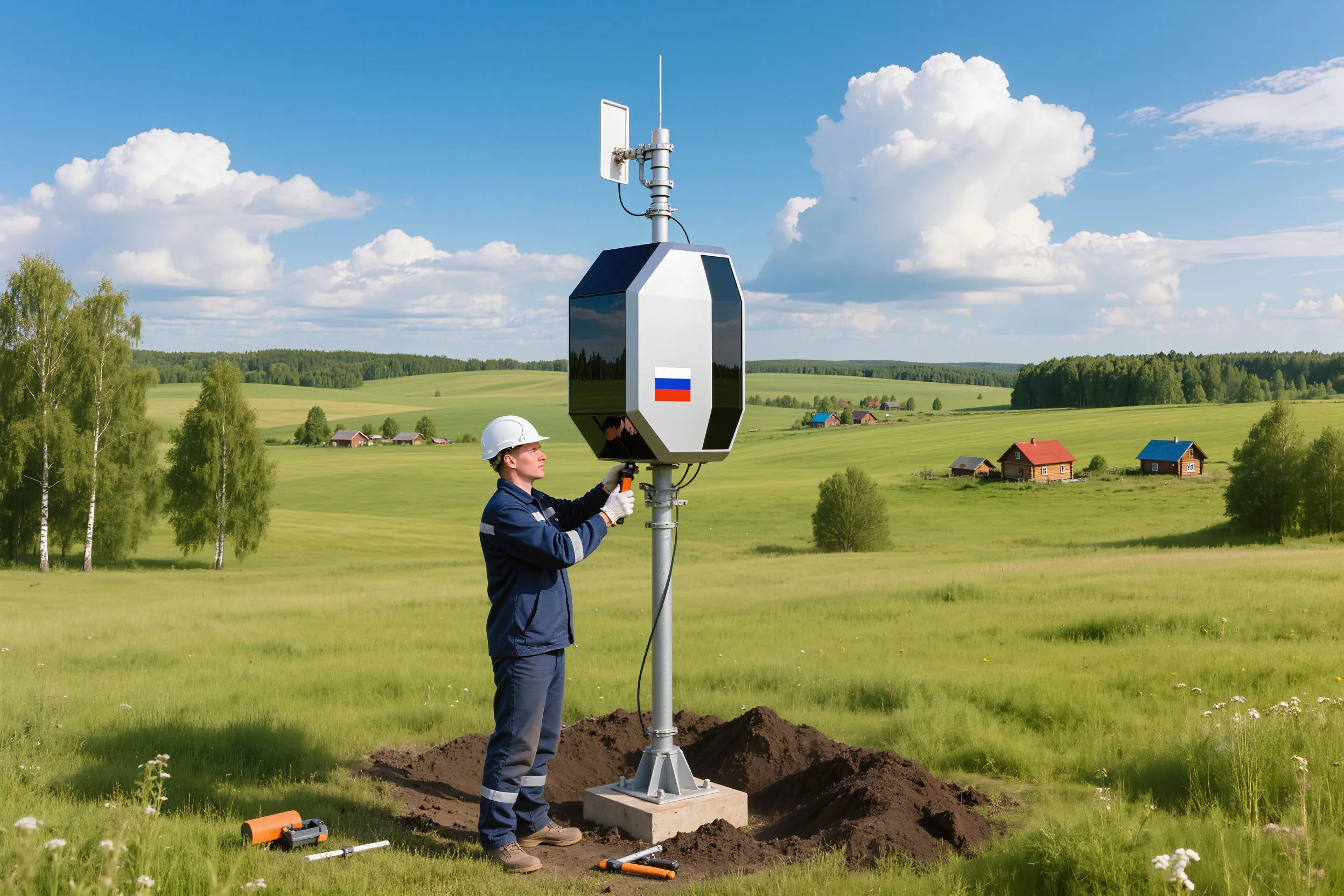Russia to Complete Telecom Industry Import Substitution by 2030
Russia is accelerating its telecommunications import‑substitution program, aiming to fully transition to domestically produced network equipment by 2030, a shift that could reshape the nation’s digital infrastructure and reduce reliance on foreign technologies

Signal for Acceleration
Russia’s telecom operators began shifting to domestically produced network equipment immediately after Western vendors exited the market. The import‑substitution push is designed to make the sector fully resilient to foreign sanctions. Today, the transition is entering a new phase of rapid expansion.
By 2028, Russian‑made hardware is expected to account for 80% of the telecom sector’s equipment. By 2030, that figure should reach 100%. These goals were the focus of the “Digital Solutions” forum, which brought together operators and senior government officials.

Dmitry Ugnivenko, Russia’s Deputy Minister of Digital Development, Communications, and Mass Media, emphasized that operators must collaborate more actively and be willing to test emerging technologies rather than wait for “perfect” solutions. He noted that open cooperation across companies is essential for building competitive domestic equipment.
Beyond Independence
Anton Godovikov, Deputy Chairman of the Board of Rostelecom and CEO of T2 Mobile, stressed that import substitution is not only about achieving technological sovereignty. Working with domestic infrastructure strengthens cybersecurity and boosts the production of high‑tech components by ensuring steady demand.
Equally important, high‑quality telecom equipment opens new export opportunities. Russia could transform from a major importer into a global supplier. “Companies in neighboring countries have shown interest in our base stations,” said MTS CEO Inessa Galaktionova. “This is a strong signal: our equipment is competitive and in demand abroad.”
A Foundation Already in Place
The industry’s progress builds on years of preparation. Operators have already taken significant steps toward deploying domestically developed base stations. For MTS, such equipment is produced by its subsidiary Irteya. T2 Mobile began integrating base stations from the Russian company Bulat three years ago.

“Controllers have already been deployed across 67 regions, and the stations are operating on air,” Godovikov noted. “By the end of the year, we will have installed 1,800 Russian base stations, and on November 11, we launched our 1,000th unit.”
The Push Toward 5G
Another key milestone is the rollout of 5G. LTE networks are nearing their capacity limits, and demand continues to grow. Nationwide deployment of 5G is expected to begin next year, relying exclusively on domestic technology. One of the first production‑ready base stations—developed by Irteya—was presented at CIPR‑2025 in June.

Industry leaders agree that the pace of import substitution will increase significantly. This creates new opportunities for hardware and software manufacturers, but also highlights the need for healthy market competition to avoid monopolies and ensure high‑quality products that can compete globally.










































